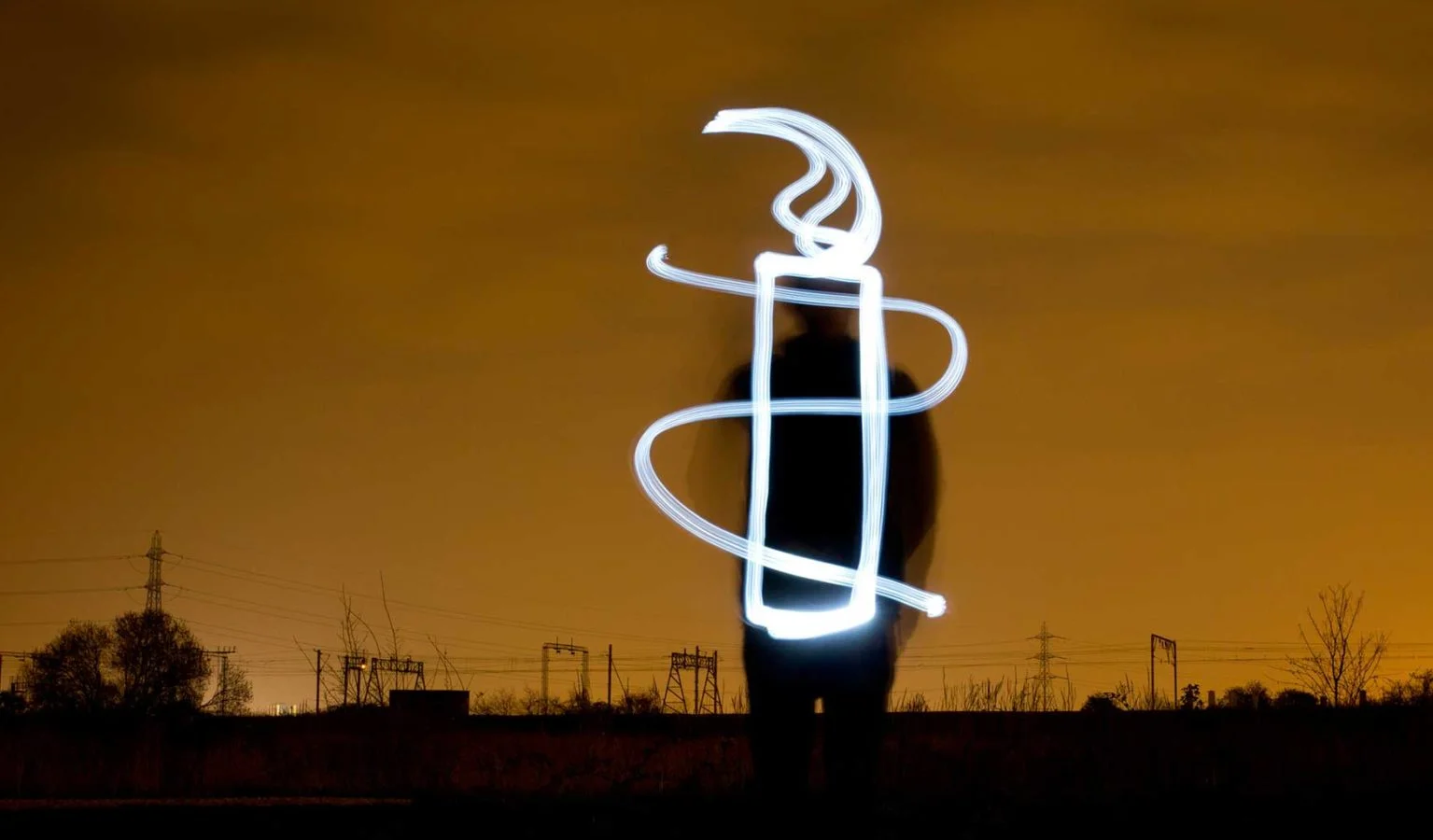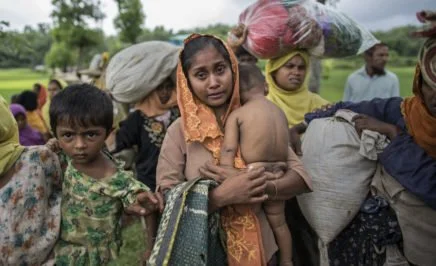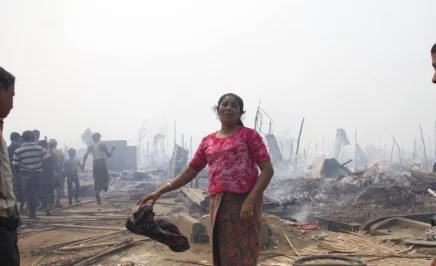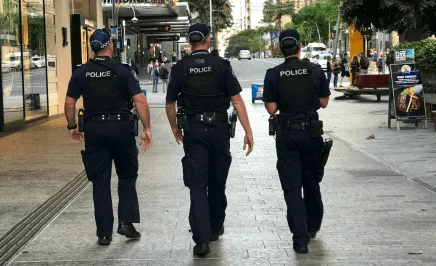Responding to the news that the President of Myanmar has established a commission to investigate violence in Rakhine state since the 9 October attacks on three border police posts, Amnesty International said:
“An investigation into human rights violations in northern Rakhine state is long overdue. However, it will only be effective if it is independent, impartial and applies international human rights law and standards,” said Rafendi Djamin, Amnesty International’s Director for Southeast Asia and the Pacific.
A credible investigation cannot take place under the cover of darkness, where only parties with an interest in the outcome can visit the affected areas.”
Rafendi Djamin, Director for Southeast Asia and the Pacific
“Our findings point to serious human rights violations and a policy of collective punishment against the Rohingya Muslim population in northern Rakhine State. The authorities have gone beyond any reasonable response to the 9 October border police post attacks to target individuals, whole families and whole villages. It is difficult to imagine how a commission chaired by a former army general – and staffed with the Police Chief – can impartially investigate these allegations against the security forces.
“The Myanmar authorities should also grant independent observers, journalists and human rights monitors unfettered access northern Rakhine State. A credible investigation cannot take place under the cover of darkness, where only parties with an interest in the outcome can visit the affected areas.”
Background
On 1 December 2016, Htin Kyaw, the President of Myanmar, announced the establishment of an investigation commission to probe into the attacks on 9, 12 and 13 October 2016 as well as “Incidents of violent attacks in Maungtaw and their background situations and causes; Deaths, injuries, destruction and other damage; Measures taken for restoring stability and the rule of law; Verification of outside allegations during area clearance operations; Guarantee for security and human rights of the people ; Conflict prevention and humanitarian aids; Measures to avoid similar incidents in the future.”
The commission is supposed to report to the President by 31 January 2017.
Myint Swe has been appointed chair of the commission to investigate events in northern Rakhine State. Myint Swe is a former high-ranking general in the Myanmar army, and is one of Myanmar’s two Vice Presidents. He was nominated by the Commander in Chief of the Army for the Presidency, but was appointed Vice President after a Parliamentary vote.
Amnesty International has recorded the testimonies of Rohingya villagers who came under attack in recent weeks, both in Myanmar and across the border in Bangladesh, where thousands have fled to seek safety.
They told Amnesty International of a litany of human rights violations by Myanmar’s security forces, including indiscriminate firing on villagers from helicopter gunships, torching hundreds of homes, arbitrary arrests and the rape of women and girls.
Some of these testimonies can be read here.
Since 9 October, the authorities have restricted humanitarian access to the area, suspending regular humanitarian services and preventing an assessment of the needs of an estimated 30,000 newly displaced people.





